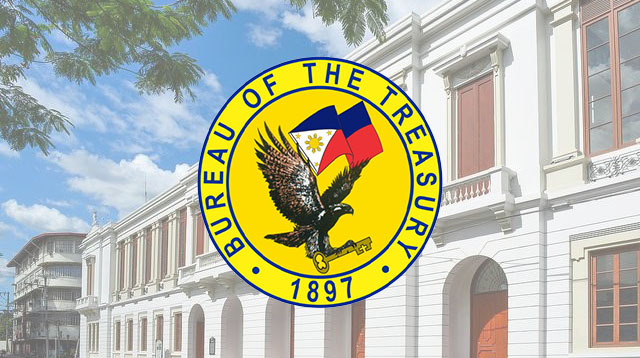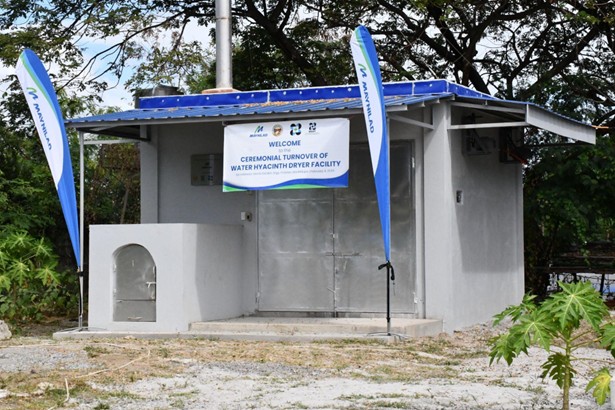The national government posted a P66.8 billion budget surplus in April, this year, the highest recorded in four years.
Bureau of Treasury (BTr) data showed that the budget surplus was significantly higher than the P4.9 billion in April last year, and was the highest recorded since the P88.87 billion in April 2019.
Last month’s surplus helped pull down the deficit for the first four months of the year which amounted to P204.1 billion, lower by 34.5% from the P311.9 billion budget gap incurred in the same period in 2022.
Revenue collections stood at P440.7 billion in April, higher by 26.6% than the P347.9 billion last year. For the first four months of the year, revenues amounted to P1.3 trillion, up by 11.22% from last year’s P1.13 trillion.
Expenditures, on the other hand, went up by 9% to P373.9 billion from P343 billion which BTr attributed to the subsidy release to PhilHealth, larger capital expenditures of the Department of Public Works and Highways (DPWH) and Department of Transportation (DOTr), as well as higher interest payments for the month.
Total expenditures for the four-month period reached P1.5 trillion or 1.33% higher than last year’s P1.44 trillion.
In a comment, Rizal Commercial Banking Corporation (RCBC) chief economist Michael Ricafort said the budget surplus in April may have to do with the seasonal increase in tax collections as well as improved tax revenue collections as the economy reopened further.
“Disciplined spending by the government also helped improve the country’s fiscal performance recently, thereby partly adding to the latest budget surplus,” added Ricafort who pointed out that faster economic growth also expanded the government’s tax revenue base.
“Fiscal reform measures such as rightsizing of the government and other reform measures to further reduce corruption would help narrow the country’s budget deficit, further bring down the debt-to-gross domestic product (GDP) ratio from 61 percent as of first quarter and even to below the international threshold of 60 percent to make overall fiscal management and debt management more sustainable over the coming years and generations,” he added. (With PNA)
















